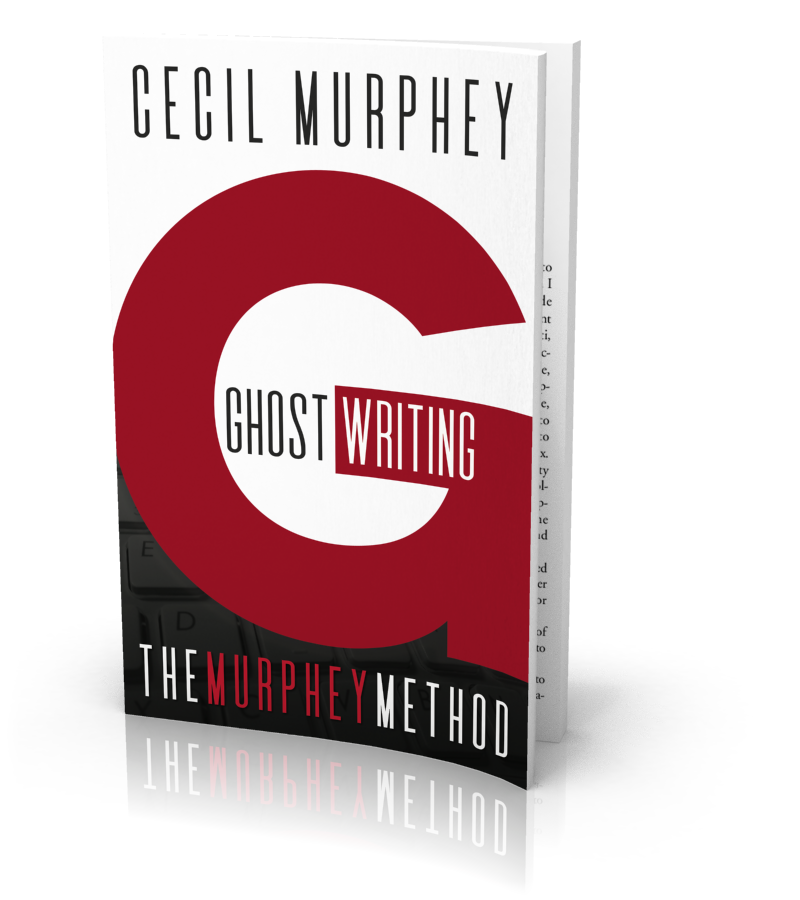“I’ve heard that audio rights are never given to the author in the contract because that is how the publisher makes more money. Is this true? And if you lose the audio rights, do you lose all control? Let’s say for instance, do you have any say in who reads your story or is that completely out of your hands? Do your writers hold onto their audio rights in your publishing negotiations?”
Thanks to Holly for the great question!
Audio rights are part of the subsidiary rights negotiated in every contract. In some cases we negotiate the author to retain audio rights, in other cases the publisher wants them to be included in the total deal. Each case is different. There are a number of great audio publishers who license the audio rights from the original publisher.
How Does it Work?
For example, let’s say your book My Soul Can’t Handle the Truth is contracted by Big Kahuna Publishing for a $25,000 advance. As part of the deal the publisher negotiates the rights to publish the book and in the subsidiary rights section controls audio, film, and foreign rights.
Because the publisher controls the audio rights they can create their own audio edition. They can hire the voice talent, the studio, and production themselves. Or they can license those rights to a third party. Along comes Big Audie Recording Company (BARC) who wants to license the audio. They pay an advance to Big Kahuna Publishing of $1,500. Then BARC pays for all the costs of creating and producing and selling the audio. Every copy sold earns a royalty that once the advance is earned out money is paid to Big Kahuna.
Big Kahuna takes the $1,500 and keeps $750. The other $750 is placed into your author royalty account to help offset the advance they paid you.
It is very rare for the author to have any say in who the voice talent will be to record the audio. There have been a couple isolated cases where the publisher asked the author to help select the voice.
I’ve also had a few clients who have on-air talent and we negotiated to have them do the audio recording. This is rare, and usually has to be the publisher’s option since not everyone is as talented on-air as they claim, so the publisher can be a little reluctant.
I heard of a situation where an author insisted on using their own hand-picked actor to do the audio edition. Unfortunately the actor had no experience doing audio recordings. The actor was not a good “sight reader” since he was trained to memorize short lines for scenes, which is a completely different skill set. It took a month to edit the final audio because of all the mistakes in the recording. Over 3,000 edits. Obviously creating a professional audio is not as easy as it sounds!
Back in my Bethany House days, on multiple occasions, I accompanied an author to a recording studio to oversee their audio recording. The author was to be the voice talent for their own book. It was grueling for them to be “on-stage” for so many hours at a time and keep the recording at a top level. One time, around 2:30pm the first day the sound engineer turned to me and said “Let’s call it a day.” The author’s voice had begun to change as the strain increased. The author could not hear it until we played back two sections for comparison. The difference sounded like two different people talking.
By the way, a good reader can record a little more than 9,000 words per hour. A 90,000 word book would take three hard working days to record and another few days to properly produce. This is not an inexpensive process. It can cost $200-$500 per finished hour of recording. (Your mileage may vary.)
The trouble for the author comes when no one wants to license the audio and the publisher doesn’t want to spend the money and time to create it themselves. But the audio rights were made part of the original contract. The audio languishes in Neverland. Now the author is frustrated because they have a reader who prefers audio, but no one wants to do it (meaning, pay for it). Then begins the struggle to get those rights back after they have been granted. Some publishers are agreeable to revert those rights after a period of time. Others remain reluctant.
If You Retain Audio Rights
If you keep the audio rights your agent can license them for you. We’ve done it a number of times. Or you can self-publish.
Amazon created the ACX (Audio Creation Exchange) to help Indie authors and small publishers create audio editions. It is a fine program worth investigation. Amazon owns Audible.com and is the largest online sales vehicle, which makes integration with ACX a snap. Jane Friedman wrote about alternatives to Amazon on her informative blog: https://janefriedman.com/acx-alternative-2/
One of our clients was a voice talent for years. You can find Kim de Blecourt’s “audition” over at Voices.com, a site for voice talent. ACX’s site has over 52,000 audio samples to choose from.
Your Story
If any of you have had experience self-producing audio, let us know your story. And how easy or hard was it to sell the audio version once it was available?






